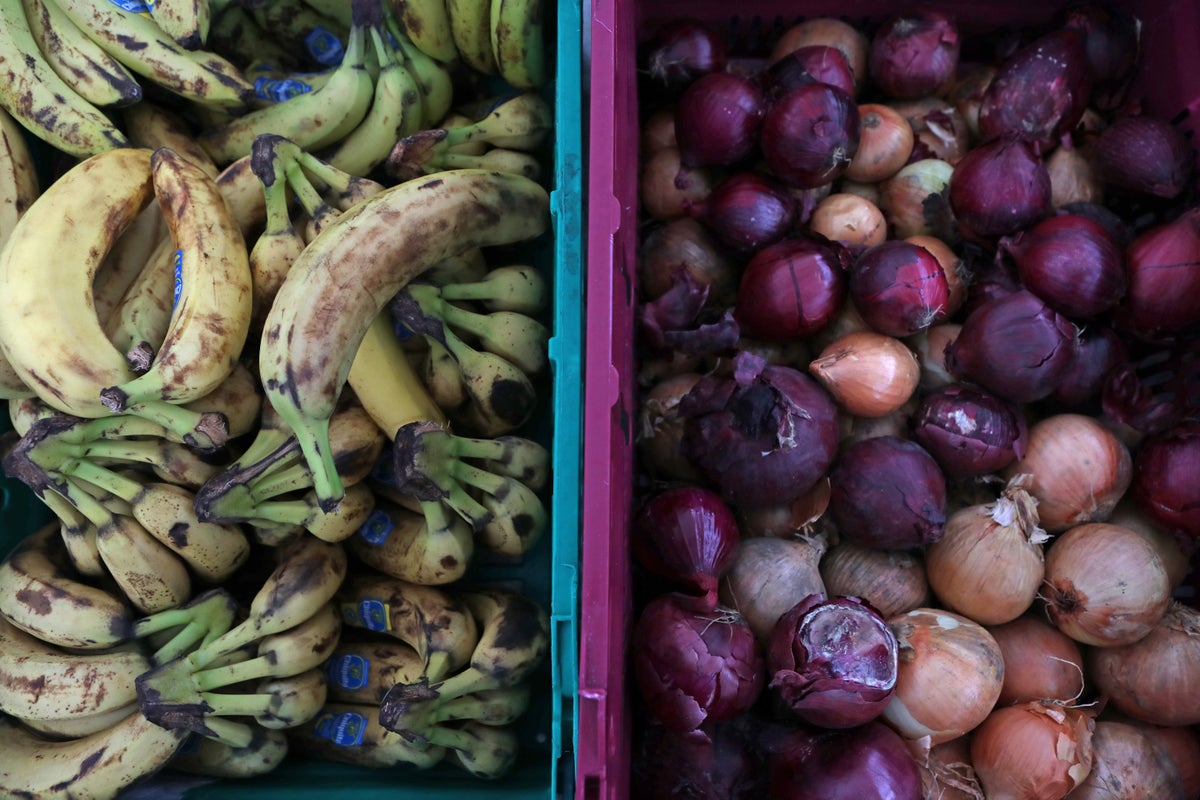
Neighbourhoods in the north of England have the highest risk of food insecurity, according to a new study.
The index created by researchers at the University of Southampton shows that a third of at-risk areas are in the north-west and 96% of those were urban areas such as the Wirral, Blackpool, Stockport, Middlesbrough and St Helens.
The team, writing in the journal PLOS ONE, say the map and data can be used by local authorities to better target support and help those households most at risk, ensuring their limited budgets are spent in the areas that need it the most.
Dianna Smith, associate professor in geography at the University of Southampton, said: “Food security for households is influenced by multiple factors, from individual circumstances to local access to affordable resources.
“We worked with local governments and charities to create a measure of food insecurity risk in neighbourhoods that captures these barriers.
“By creating a detailed picture of an area, local authorities and charities can be better informed of where they need to put their resources to help the people most in need.
“This is particularly important in rural areas where there are pockets of high deprivation amongst areas of affluence.”
The index was developed for more than 30,000 neighbourhoods across England with populations between 1,000 and 3,000 people.
It measures food insecurity risk for all areas based on benefits claimants and low-income at a household level, as well as data on mental health and adult educational attainment.
The study also created another index which measured obstacles people faced when living in those areas, such as distance to large supermarkets where food is cheaper, broadband speed and public transport links.
Nisreen Alwan, professor of public health at the university, said: “Food insecurity in England is not a new social challenge, and while data has been collected about household food insecurity the detail of where more people experience food insecurity is lacking.
“Where people live is closely linked to their wellbeing and shapes health inequalities.
“Our work gives local government and charities a tool to target resources and services to help those most at need particularly during this cost of living crisis.”







